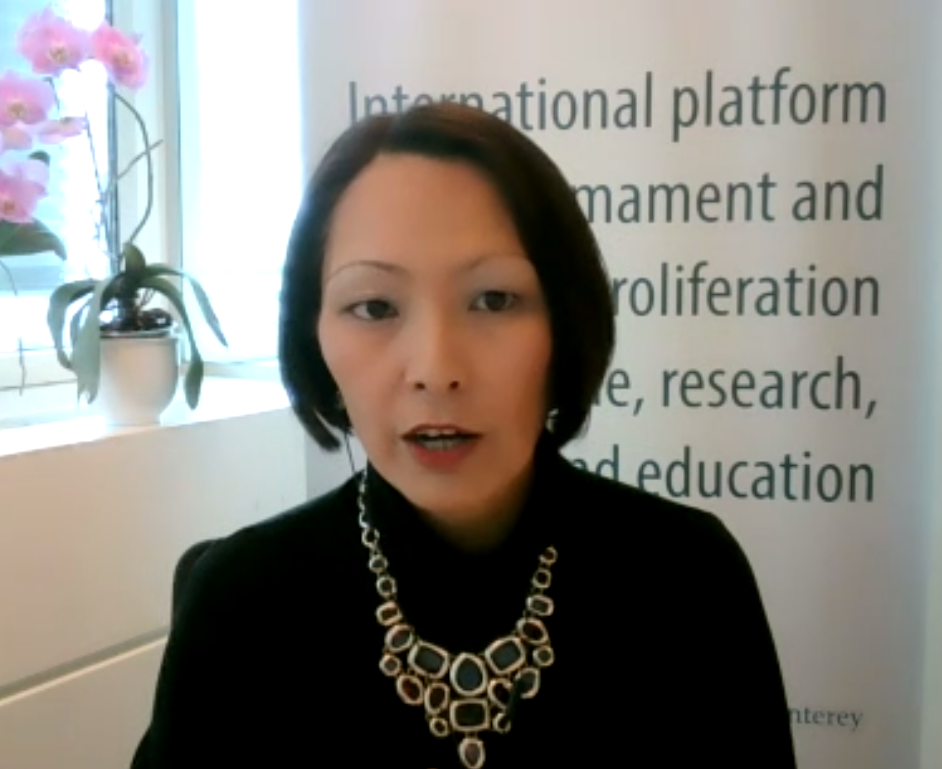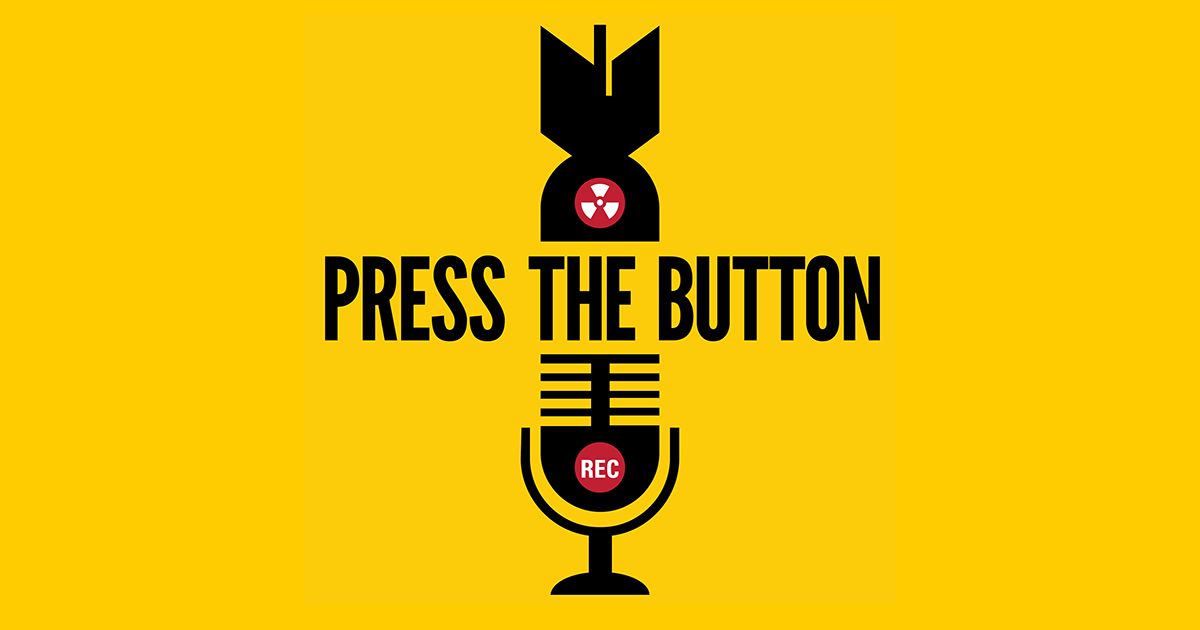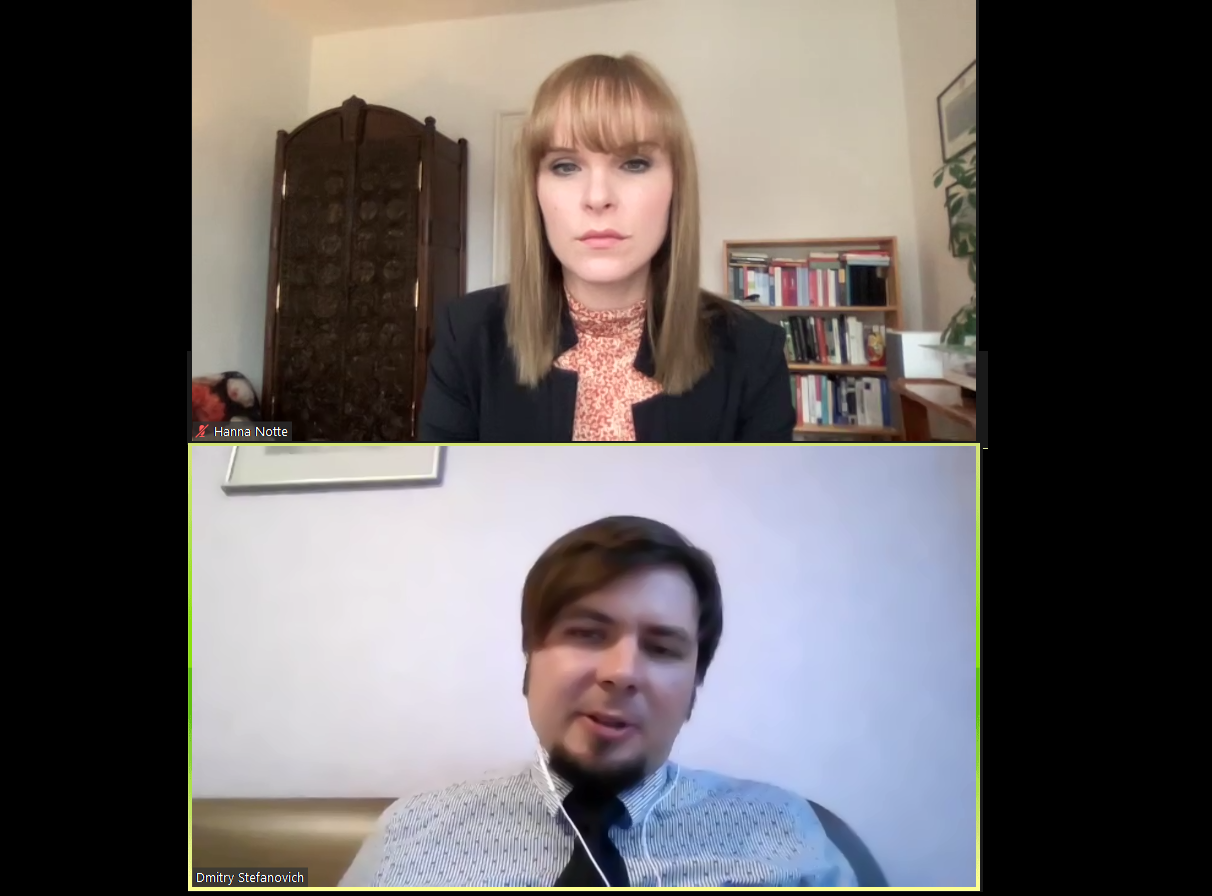

On 27 May 2021, Gaukhar Mukhatzhanova, Director of International Organizations and Non‑Proliferation Program, spoke at an event organized by the UN Institute for Disarmament Research (UNIDIR) launching its essay collection on “Middle East Weapons of Mass Destruction Free Zone: From the Iran Nuclear Deal to a Middle East Zone? Lessons from the JCPOA for the ME WMDFZ.”
In her remarks, Ms. Mukhatzhanova reflected on the five-essay collection and shared her thoughts on which lessons from the Joint Comprehensive Plan of Action (JCPOA) could be applied to the establishment of a Weapons of Mass Destruction Free Zone in the Middle East (WMDFZ). She first addressed verification lessons, highlighting that the combination of a comprehensive safeguards agreement and an additional protocol would be a logical minimum verification standard for the future Middle East WMDFZ. The application of enhanced verification measures beyond the Additional Protocol, while desirable, could be problematic, but the choice of verification tools should ultimately be guided by the prohibitions in the future Zone. As for the constraints on fuel cycle activities, Ms. Mukhatzhanova highlighted the lesson discussed in one of the essays that once any state acquires fissile material production capability it is very unlikely to give it up completely. She argued in this regard that, drawing on the JCPOA experience, states in the Middle East could try to negotiate constraints on enrichment and reprocessing capabilities, but a total ban on such activities in the region would be off the table.
Ms. Mukhatzhanova remarked on how several essays highlighted the usefulness of compartmentalizing the negotiations and prioritizing the nuclear issue to achieve the agreement. At the same time, the authors noted that the JCPOA not covering broader security issues was one of the main reasons for weakened support or outright opposition among different actors, particularly in the Middle East itself. A lesson in this regard could be for the Arab States in particular to reflect on how unsatisfying they found the JCPOA’s focus on nuclear to the exclusion of other issues and apply this to their approach to the negotiation of the Zone and addressing regional security concerns.
Ms. Mukhatzhanova concluded her remarks by stressing that though valuable lessons from the JCPOA could be applied to the development of a Middle East WMDFZ, these lessons are limited to specific and practical areas. While the JCPOA was a concerted effort to solve concerns regarding one country’s nuclear program, the establishment of any nuclear- or WMD-free zone is about forging a regional vision of security and approach to nuclear weapons. She therefore cautioned against attempts to multilateralize the JCPOA as a route to establishing a Middle East WMDFZ.
Other speakers included Dr. Farzan Sabet, Researcher with UNIDIR’s Middle East WMDFZ Program, Mark Fitzpatrick, Associate Fellow at the International Institute for Strategic Studies, and Ambassador Nabil Fahmy, former Foreign Minister of Egypt. The event was moderated by Chen Kane, Project Lead and CNS Middle East Nonproliferation Program Director.


